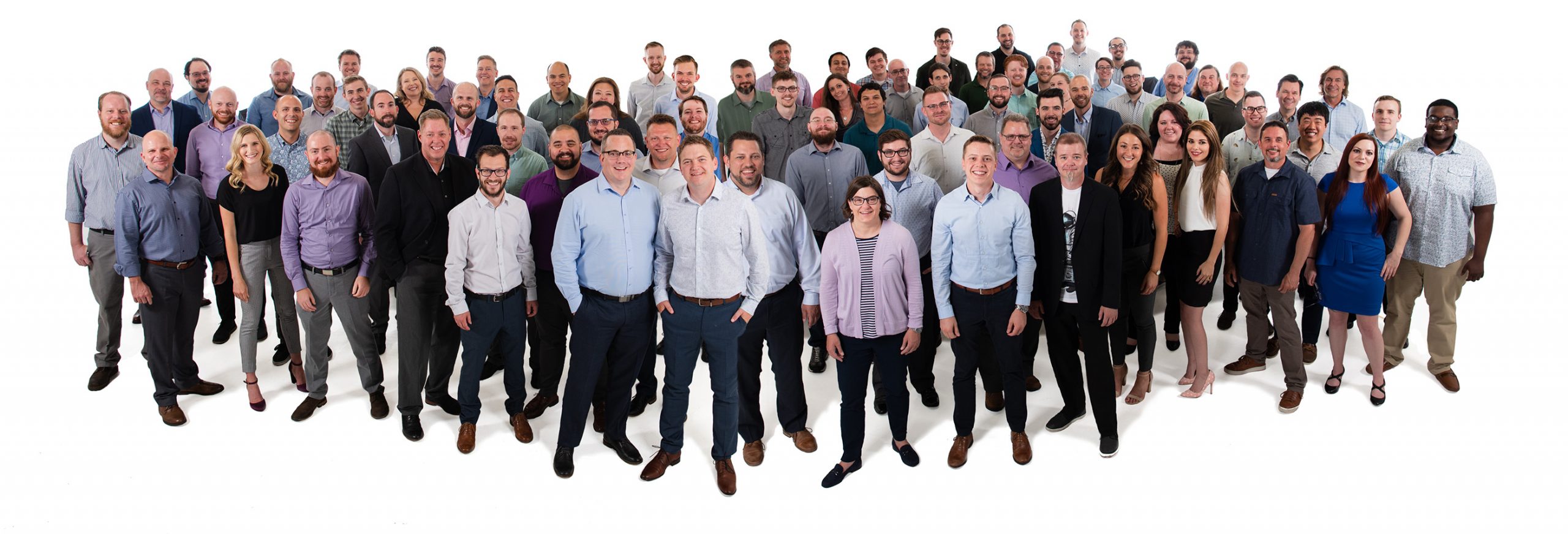Here at Greystone, we support a very wide client base, ranging across all sorts of industries: construction, professional services, non-profits, education, banking, accounting and C.P.A. firms, software and technology, oil/gas and energy, municipalities, and even a golf course. And on and on it goes.
 But there’s one thing that we all share in common these days: we’re all regularly accessing public Wi-Fi networks.
But there’s one thing that we all share in common these days: we’re all regularly accessing public Wi-Fi networks.
Public Wi-Fi access to the Internet has become ubiquitous. At airports, hotels, coffee shops, department stores, restaurants and more, public Wi-Fi is so common it feels like a right. We expect it everywhere, and we expect it to work and to be fast.
And this is an absolutely amazing thing.
BUT! How safe is it to use these networks? What are the risks?
The ubiquity of public Wi-Fi has lulled many of us into a false sense of security about the safety of using these networks, and so we’d like to help clarify the situation and offer a couple of tips for safer surfing.
First, it should be noted that there are several different kinds of public Wi-Fi networks: free and unsecured, free and password protected, paid and secured, etc., and a discussion of these different types of networks lies beyond the scope of this post. And, in reality, if it’s a public Wi-Fi network, you should simply assume that what you’re doing is visible to someone/anyone. Just because you have to ask the barista at the coffee shop for a password does NOT mean that they’re vetting every customer about whether or not they’re perpetrating cyber-crime.
Second, there are several ways for the bad guys to try and get at your info, with such nefarious names as “Man in the Middle Attacks” and “Packet Sniffers.” Again, a full treatment of such bad guy tactics is beyond the scope of our conversation here. And again, it doesn’t matter much what they’re trying to do; the reality is that if you’re on a public Wi-Fi network, you should assume that the bad guys are watching.
Third, there’s some measure of comfort in the remote likelihood of being the victim of cyber-crime, but “remote likelihood” is little comfort if it does actually happen to you. The chances of someone sniffing out your email password on a public network are remote, but they are also very real. And there’s a lot that someone could do with your email password.
So, what is one to do? Here are a few suggestions:
Set Passcodes and Passwords
Take the time to set passcodes on your mobile devices and good passwords on your laptops. The reason you NEED to do this NOW is that your biggest danger doesn’t come from “packet sniffing” or “men in the middle” or any such thing. The biggest danger is shockingly low-tech: someone simply stealing your mobile device or your laptop, opening it up and getting your info because it wasn’t protected. Just stop and think about all of the information that’s on your phone, or your laptop and imagine what a thief might be able to do with it.
Yes, it’s a pain to have to enter a passcode on your phone, especially when you let your kids play games on it. BUT, it’s also a pain to put your seatbelt on every time you drive, too… and you do that, don’t you?
(And while you’re setting that passcode on your phone, go ahead and enable the “erase all data after 10 failed attempts” feature, too.)
Beware of “Shoulder Surfing”
Another danger of using your technology in public is amazingly low-tech… and that’s someone simply looking over your shoulder and watching what you do. Yes, you need to set a passcode on a phone, but you also need to be careful about how visibly you enter that passcode in public. Think about flying in a plane, and how close you are to others, and how easy it’d be to determine that 4 or 5 digit passcode. (Not that any of us have ever done it… just to, you know… see if we could…)
Use Your Security Tools
Your computer is equipped with some basic tools to make your computing safer. Turn off “automatically join networks,” since many bad guys use familiar network names for their purposes. Turn off file sharing. Turn on your firewall. Make sure your antivirus is active. Enabling these basic features go a long way towards making things better.
Surf Smart
Once you’re on a public network, just be smart and reasonable. Don’t do your online banking. Don’t do your online shopping. If you absolutely HAVE to get on a site and enter your credentials, make sure it’s an HTTPS site. It’s okay to check sports scores or read online magazines, absolutely. Just be careful of doing anything that’s super sensitive.
The chances of becoming a victim of some sort of cyber-crime are quite low, and it’s a big, bustling Internet out there… just be smart about how you navigate around it!
And as always, let us know if you have any questions. We’re here to help!

